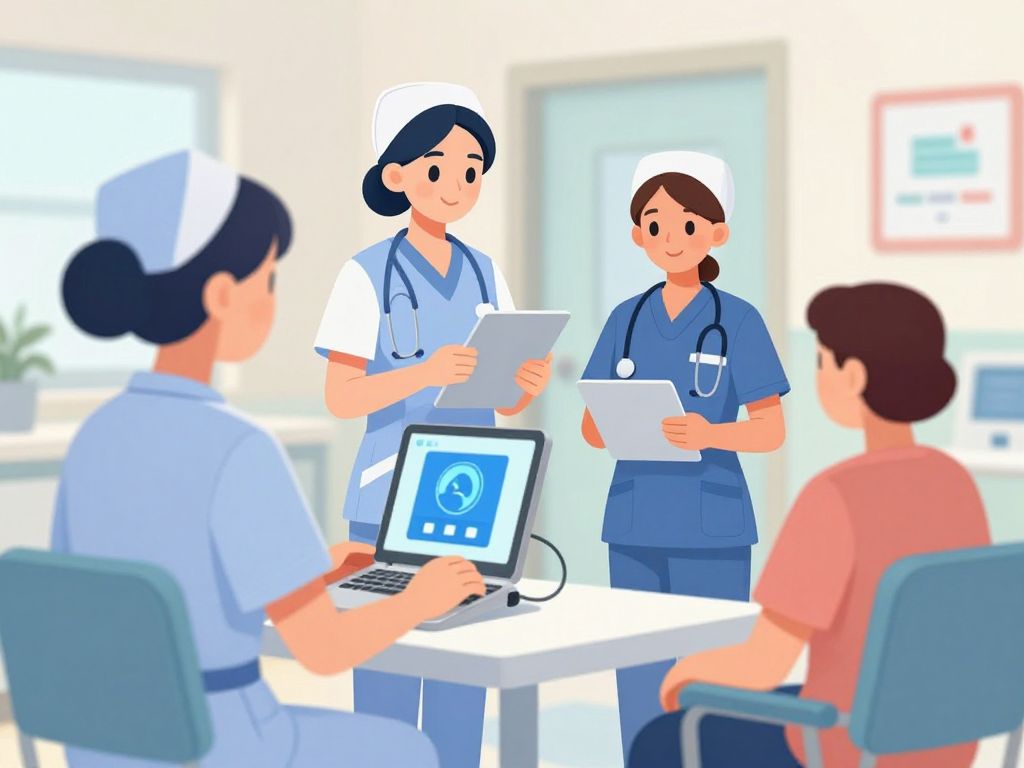Worcester, Massachusetts, July 30, 2025
News Summary
UMass Chan Medical School is addressing the U.S. doctor shortage through its Accelerated MD program, allowing students to complete their education in three years. This initiative is crucial as a projected shortage of 40,000 primary care physicians looms by 2036. With the ability to enter the workforce earlier, students can significantly impact underserved communities while also benefiting from substantial financial savings. The program is one of only 33 similar offerings nationwide and aims to produce qualified medical professionals efficiently.
Worcester, Massachusetts – UMass Chan Medical School’s Accelerated MD Track Aims to Address Doctor Shortage in U.S.
UMass Chan Medical School is proactively tackling the impending physician shortage in the United States through its Accelerated MD program. This innovative track allows students to complete their medical education in three years instead of the traditional four, focusing specifically on those who aspire to enter the field of general medicine.
The Association of American Medical Colleges has projected a shortage of up to 40,000 primary care physicians by 2036, making the need for efficient education alternatives more urgent than ever. By compressing the timeline for medical training, UMass Chan aims to produce qualified physicians at an accelerated pace.
Currently, UMass Chan Medical School is one of only 33 programs across the United States that offer this accelerated option. Enrollees like Diego Marroquin and Jason Denoncourt represent a new wave of medical professionals prepared to enter the workforce sooner. Marroquin, who hails from Guatemala, intends to serve in Lawrence, Massachusetts—a community noted for its economic challenges. Denoncourt emphasizes the value of beginning residency a year earlier, which allows for an extended period of patient care and can significantly enhance health outcomes.
Benefits of the Accelerated Program
Participation in an accelerated medical program offers both educational and financial advantages. Key findings indicate that there are no significant differences in medical knowledge or performance between three-year and four-year program graduates. This suggests that the accelerated curriculum still adequately prepares students for medical practice.
Moreover, the financial implications are noteworthy, as medical students face tuition and fees averaging around $60,000 annually. By shortening the duration of their education, students can save one year’s worth of tuition, translating to an estimated $250,000 in savings over their lifetimes due to entering the workforce a year earlier.
Impact on Underserved Communities
Accelerated programs have become instrumental in addressing healthcare disparities, with up to 70% of graduates opting to work in rural or underserved areas. This trend aligns perfectly with the growing needs of communities struggling to maintain sufficient healthcare access. The response from graduates underscores the relevance of these programs amidst the ongoing doctor shortage.
UMass Chan Medical School’s commitment to producing more healthcare professionals aligns with national efforts to counteract the physician shortage crisis. Dr. Joan Cangiarella from NYU Langone Health notes that while these accelerated programs are effective, a medical education should be viewed as a lifelong journey where significant learning continues beyond formal schooling.
Conclusion
As the healthcare landscape continues to evolve, programs like the Accelerated MD track at UMass Chan Medical School reflect a strategic response to critical shortages in primary care. By equipping students with the necessary skills and allowing them to enter the field a year early, these initiatives promise to bolster the healthcare workforce, ultimately benefiting communities in need.
FAQ Section
What is the Accelerated MD program at UMass Chan Medical School?
The Accelerated MD program allows students to complete medical school in three years instead of four, specifically aiming at those entering general medicine.
Why is there a doctor shortage in the U.S.?
There is a projected shortage of up to 40,000 primary care physicians by 2036 due to various factors, including an aging population and insufficient enrollment in traditional medical programs.
How does the Accelerated MD program financially benefit students?
Students in the accelerated track save one year of tuition, amounting to approximately $60,000 in fees, and start practicing earlier, potentially saving around $250,000 over their lifetime.
What percentage of graduates from accelerated programs choose to practice in underserved areas?
Up to 70% of graduates from certain accelerated programs, including UMass Chan’s, choose to work in rural or underserved communities.
Is the education quality different between three-year and four-year medical programs?
Analysis shows there is no significant difference in medical knowledge or performance between students who graduate in three years versus those who take four years.
Key Features of UMass Chan’s Accelerated MD Program
| Feature | Details |
|---|---|
| Duration | 3 years instead of 4 |
| Tuition Savings | Approximately $60,000 |
| Projected Doctor Shortage | Up to 40,000 by 2036 |
| Rural Practice Rate | Up to 70% of graduates |
| Lifetime Savings | Estimated $250,000 |
Deeper Dive: News & Info About This Topic
HERE Resources
Additional Resources
- WFMJ: Military and Civilian Responders Stage Mass Casualty Drill
- Wikipedia: Mass casualty event
- The New York Times: Harvard University Funding Controversy
- Google Search: Harvard University funding
- The Boston Globe: Brown Health and St. Anne’s Hospital
- Google Scholar: Brown Health and St. Anne’s Hospital
- Legacy: Obituary for Thomas O’Brien
- Encyclopedia Britannica: Obituary
- Telegram: Dr. Lawrence Rhein Named Chairman of Pediatrics
- Google News: Lawrence Rhein UMass
Author: STAFF HERE PHILADELPHIA WRITER
The PHILADELPHIA STAFF WRITER represents the experienced team at HEREPhiladelphia.com, your go-to source for actionable local news and information in Philadelphia, Philadelphia County, and beyond. Specializing in "news you can use," we cover essential topics like product reviews for personal and business needs, local business directories, politics, real estate trends, neighborhood insights, and state news affecting the area—with deep expertise drawn from years of dedicated reporting and strong community input, including local press releases and business updates. We deliver top reporting on high-value events such as Mummers Parade, Philadelphia Flower Show, and Thanksgiving Day Parade. Our coverage extends to key organizations like the Greater Philadelphia Chamber of Commerce and United Way of Greater Philadelphia, plus leading businesses in telecommunications, food services, and healthcare that power the local economy such as Comcast, Aramark, and Children's Hospital of Philadelphia. As part of the broader HERE network, we provide comprehensive, credible insights into Pennsylvania's dynamic landscape.





